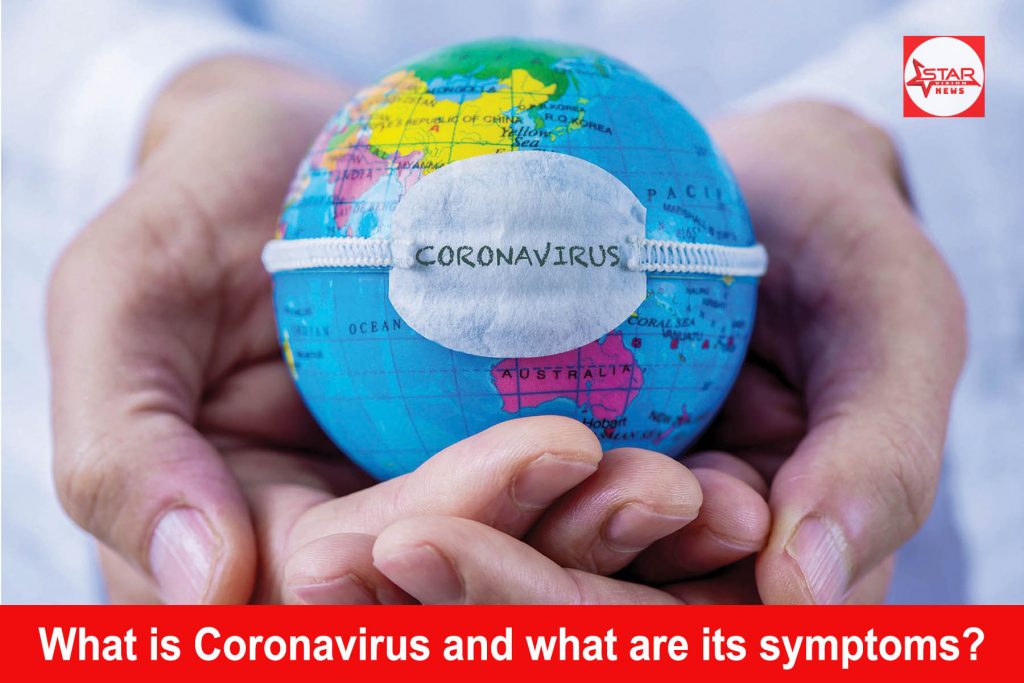What is COVID-19?
It is caused by a member of the coronavirus family that has never been encountered before. The World Health Organization (WHO) has declared it a pandemic.
What are the symptoms this coronavirus causes?
According to the WHO, the most common symptoms of COVID-19 are fever, tiredness and a dry cough. Some patients may also have a runny nose, sore throat, nasal congestion and aches, and pains or diarrhoea. Some people report losing their sense of taste and/or smell. About 80% of people who get COVID-19 experience a mild case – about as serious as a regular cold – and recover without needing any special treatment.
About one in six people, the WHO says, become seriously ill. The elderly and people with underlying medical problems such as high blood pressure, heart problems or diabetes, or chronic respiratory conditions, are at a greater risk of serious illness from COVID-19.
In the UK, the National Health Service (NHS) has identified the specific symptoms to look for as experiencing either:
- A high temperature – you feel hot to touch on your chest or back.
- A new continuous cough – this means you have started coughing repeatedly.
As this is viral pneumonia, antibiotics are of no use. The antiviral drugs we have against flu will not work, and there is currently no vaccine. Recovery depends on the strength of the immune system.


